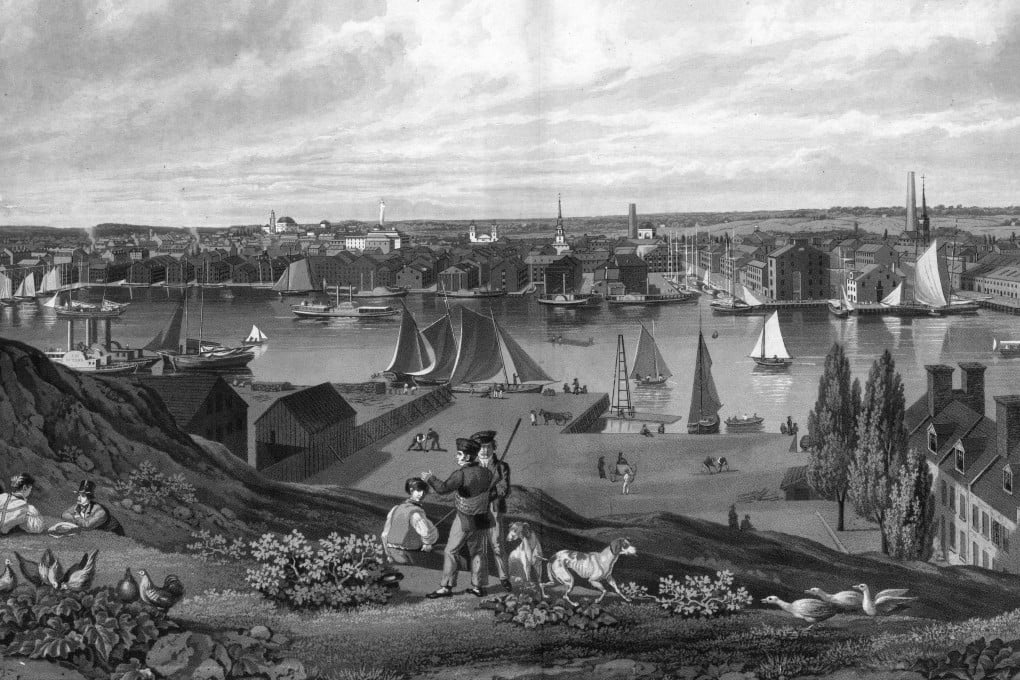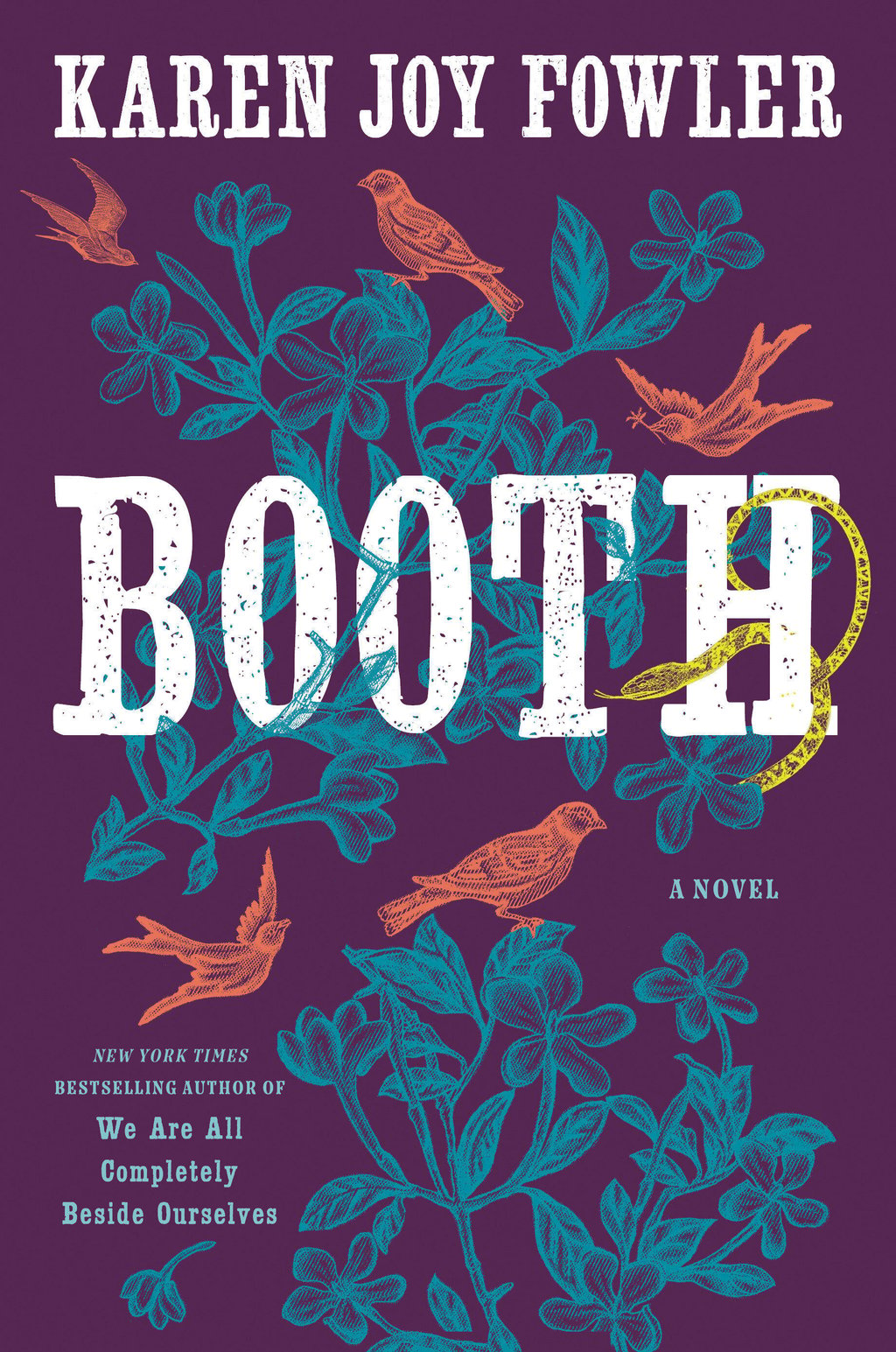Review | Fictionalised history of Abraham Lincoln assassin John Wilkes Booth’s family is a page-turner
- A family, theatrical and political saga about real characters, Booth blends the author’s imagination with historical source material in what is a riveting read
- From father Junius, a struggling farmer and sometime Shakespearean actor, to dead children to John Wilkes Booth, Lincoln’s assassin, it presents a rich tapestry

Booth by Karen Joy Fowler, pub. Serpent’s Tail
By the end of Book 1, Chapter IV, of Booth, Karen Joy Fowler’s page-turning theatrical, family, historical and political saga – that is, around one-tenth of the way through, up to the year 1838 – we have witnessed the Booth family’s struggle to maintain their Maryland farm while Father (Junius) travels the country attempting to find work as a Shakespearean actor, experienced their grief in the deaths of children from cholera and smallpox, and heard of Father’s theatrically unsuccessful attempt to kill himself by leaping off the back of a river boat.
The chapter ends with Mother (Mary), yet again pregnant, travelling desperately towards him, leaving three of her four surviving children behind.
This sets up one half of the story: 10 children, six surviving to adulthood, personal and theatrical scandals, mercurial lives, rare happiness.

Moving along to Chapter V reveals the part of the story that has been hidden, the backstage as it might be shown here and elsewhere. “[The two oldest children] June and Rosalie are not left fending for themselves and fending for Asia [the two-year-old] alone in the wilderness with only their drunken grandfather to help. Far from it. By 1838, the farm is home to some forty people, most of them slaves [ …]”
